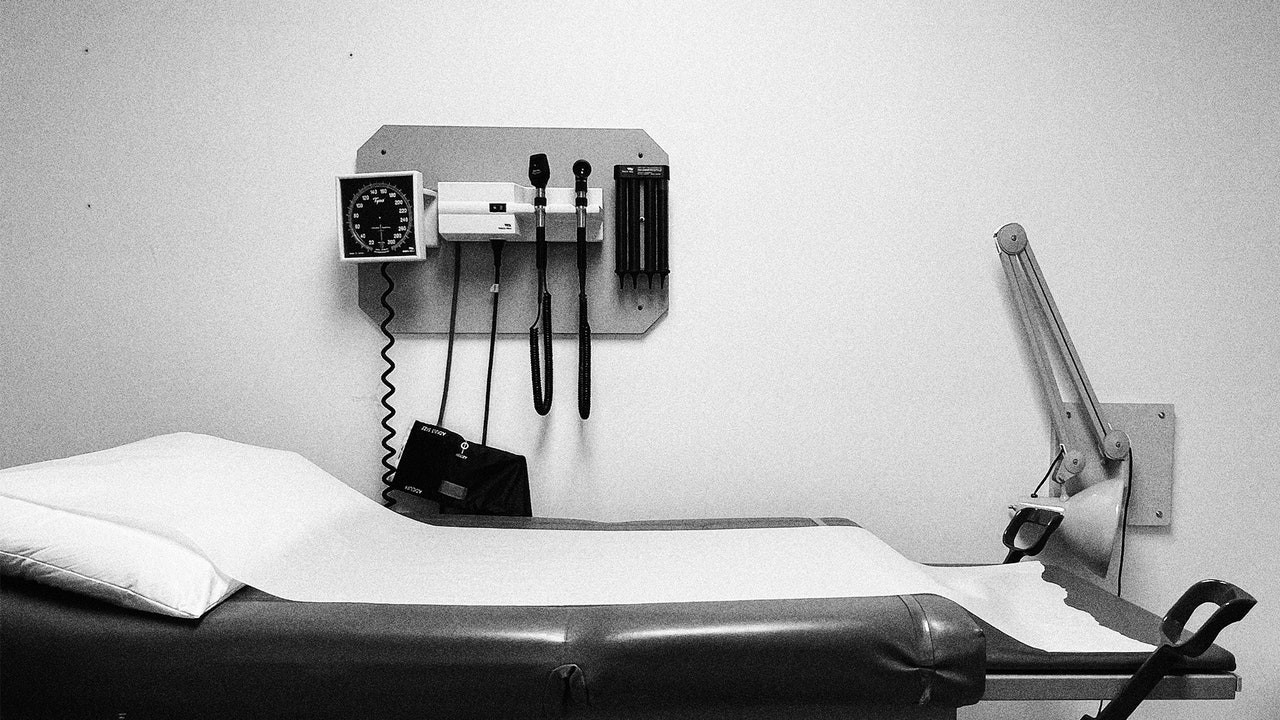
In a chilling revelation about modern healthcare, artificial intelligence and algorithms are increasingly being used by insurance companies to systematically deny medical care to patients, reducing human lives to mere data points.
Recent investigations have exposed how major health insurers are leveraging AI systems to process and deny claims at an alarming rate. Cigna, one of America's largest insurers, was found to have denied over 300,000 claims in just two months in 2022, spending a mere 1.2 seconds reviewing each case according to ProPublica's reporting.
UnitedHealthcare employs an AI system called "nHPredict" for claims processing, despite the system being so flawed that 90% of its denials are overturned on appeal. More disturbing is the apparent strategy behind these denials - patients projected to die within months are forced into lengthy appeals processes that can take up to 2.5 years, effectively outlasting many terminally ill beneficiaries.
The financial implications are staggering. In 2023, the top 10 publicly traded health insurance companies earned a combined net income of $45.3 billion. UnitedHealth Group alone reported $22 billion in profits that year.
This automated denial system represents a fundamental shift in healthcare delivery, where human judgment is increasingly replaced by algorithmic decisions optimized for profit rather than patient care. One hospital chief operating officer revealed that terminally ill patients are systematically pushed into prolonged denial-and-appeals processes, with insurers betting that patients will die before claims must be paid.
The human cost of this AI-driven approach extends beyond denied claims. It reflects a systemic dehumanization where patients are reduced to data points on spreadsheets rather than individuals requiring care. While AI holds immense potential for advancing medical diagnosis and treatment, its current implementation by insurance companies appears focused on maximizing profits at the expense of human lives.
As this trend continues, questions arise about the ethical implications of allowing algorithms to make life-and-death decisions. The healthcare system's growing reliance on AI for claims processing highlights a concerning shift away from patient-centered care toward profit-driven automation.
This transformation of healthcare into a numbers game raises serious concerns about the future of medical care in America and the role of artificial intelligence in determining who receives treatment and who doesn't.